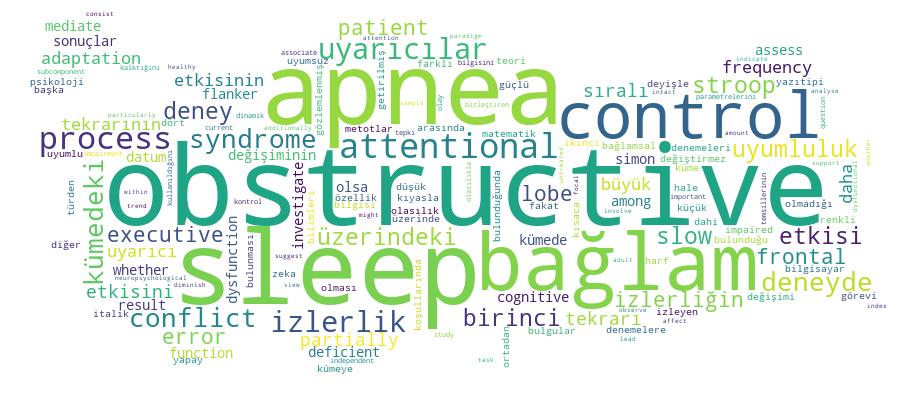Atalay, Nart Bedin
Loading...

Profile URL
Name Variants
Job Title
Yrd. Doç. Dr.
Email Address
natalay@cankaya.edu.tr
Main Affiliation
Psikoloji
Status
Former Staff
Website
ORCID ID
Scopus Author ID
Turkish CoHE Profile ID
Google Scholar ID
WoS Researcher ID
Sustainable Development Goals
SDG data is not available

This researcher does not have a Scopus ID.

This researcher does not have a WoS ID.

Scholarly Output
2
Articles
2
Views / Downloads
7/0
Supervised MSc Theses
0
Supervised PhD Theses
0
WoS Citation Count
32
Scopus Citation Count
36
WoS h-index
1
Scopus h-index
1
Patents
0
Projects
0
WoS Citations per Publication
16.00
Scopus Citations per Publication
18.00
Open Access Source
2
Supervised Theses
0
Google Analytics Visitor Traffic
| Journal | Count |
|---|---|
| Dil ve Tarih-Coğrafya Fakültesi Dergisi | 1 |
| Journal of Sleep Research | 1 |
Current Page: 1 / 1
Competency Cloud


